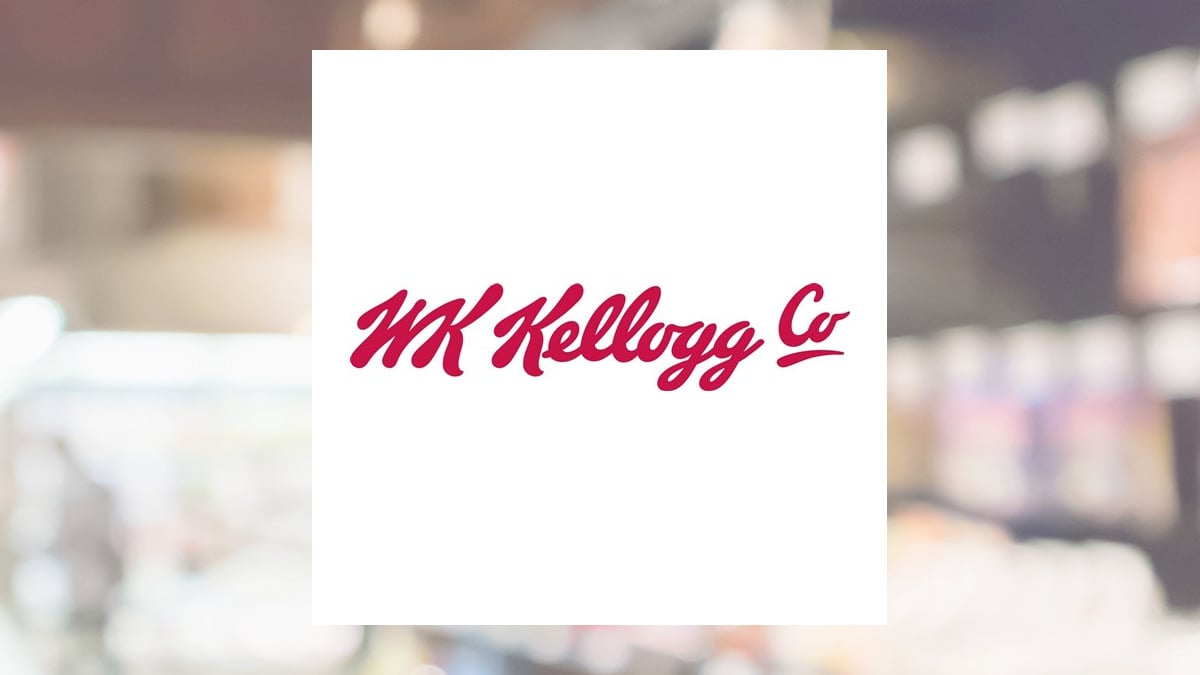Hannaford Supermarkets is reviewing its dairy supply chain for possible worker and human rights violations following years of criticism by activists who say the company’s milk is partially sourced from farms with substandard working conditions. The review, part of a multiyear plan the grocer’s parent unveiled in 2020, began the first week of April, said George Parmenter, a former Hannaford employee who is currently consulting for the company. A third-party auditor, Enact, is overseeing the investigation, he said.
The idea of the report “is to get a credible assessment from a third party that doesn’t have any stake,” Parmenter said. “The straight scoop on what are the conditions on the ground?” He estimated that the final report would be available in the late summer at the earliest. Hannaford’s review began just days before a farm worker advocacy group filed a human rights complaint against its parent company, Ahold Delhaize, on April 7.

Organizers with Migrant Justice, a Vermont-based farmers’ rights group, attended the parent company’s annual shareholder meeting in the Netherlands, where they announced that Migrant Justice had filed a complaint with the Organisation for Economic Co-operation and Development, or OECD, a Paris-based intergovernmental group founded in 1961. The multigovernmental organization analyzes government, trade and business policies and offers standards designed to “level the playing field” among nations, according to its website. Both the Netherlands and United States are member nations.
Though the OECD does not have enforcement authority, it can open an investigation, issue recommendations and act as a mediator between Ahold Delhaize and Migrant Justice, said Will Lambek, a staff member with Migrant Justice. He cautioned that an OECD investigation would likely take months to complete. “This will be a long process.
But our hope is that this complaint won’t be necessary, and that Ahold will avoid the expense and the reputational risk of an international human rights complaint by sitting down with workers in good faith,” Lambek said during a phone call from the Netherlands, where Lambek said he and other advocates attended Ahold Delhaize’s annual shareholder meeting. Lambek said Hannaford’s assessment “is a very positive step,” but he said workers would not be satisfied with any review unless it leads to a meaningful change in Hannaford’s practices and on-farm conditions. Hannaford credited Migrant Justice with raising the issue of workers’ rights.
“Frankly, in retrospect, we appreciate the fact that Migrant Justice raised this issue for us, and that it became an opportunity to shine a light on the industry and our supply chain, so that we can learn what may or may not be happening,” spokesperson Ericka Dodge said in an interview. Even so, Hannaford representatives repeatedly emphasized the company’s commitment to human rights in an interview, and they also stressed that the Scarborough-based chain is several layers removed from the farms that produce its milk and has little to no direct contact with individual farms. Hannaford operates more than 180 stores and employs more than 30,000 associates, according to Ahold Delhaize.
“It’s like we’re caught in the middle without any real, credible knowledge of what’s happening in our supply chain. And that’s what the human rights impact assessment is meant to address. So for us, we think it’s a watershed event,” Parmenter said.
Parmenter said it was too early into the process to say what, if any, enforcement mechanisms Hannaford could use to address bad actors. He said the review depends on mutual trust between Hannaford, its suppliers and its upstream farms, and that discussion of corrective actions could undermine the process. “ What we can commit to unequivocally is whatever that report says, there will be an action plan in place to address those things,” Parmenter said.
YEARS IN THE MAKING For years, Migrant Justice has charged that farms across New England, including some in Hannaford’s supply chain, violate workers’ rights. The complaint before OECD alleges inadequate living conditions and privacy among workers, forced labor, discrimination, and unsafe working conditions. The group has called upon Hannaford and dairy consumers to join its Milk with Dignity program , opting into a third-party code of conduct that requires farm owners to properly record and pay overtime, provide healthy and safe conditions, and to offer time away, among other commitments.
Though the group lists more than 50 member farms, that’s a fraction of the total number of dairy farms in New England, Parmenter said. Hannaford’s milk is processed by HP Hood, which sources from several farm co-ops, which themselves deal directly with hundreds of farmers, he said. New England is home to roughly 800 dairy farms, according to industry group New England Dairy.
Both Hannaford’s impact assessment and the OECD’s investigation into Migrant Justice’s complaint will take months to complete before any findings or recommendations can be reported. “Meanwhile, Hannaford continues to work with its suppliers to assess farms within its supply chain and to ensure continued compliance with Ahold Delhaize’s Standards of Engagement ,” Dodge, the Hannaford spokesperson, said in a written statement. Those standards include requiring suppliers to “ensure that all workers are treated fairly, with respect and dignity,” that workers log no more than 48 regular hours each week and that they are paid at least minimum wage and given overtime differentials when appropriate, among others.
The latest draft , implemented in January 2024, allows Ahold Delhaize to sever any relationships until violations are resolved — but suppliers themselves are charged with investigating and correcting any issues, and it is their responsibility to inform Ahold Delhaize of any potential issues. Additionally, if Ahold Delhaize receives any complaints about a supplier directly, those issues “will be communicated to the supplier to be addressed and remediated.” Lambek argued that Ahold Delhaize’s policy relies too heavily on individual farm owners — who may themselves be the subject of complaints — to hear, report and address grievances.
“Simply put, standards without enforcement are meaningless,” Lambek said. We believe it’s important to offer commenting on certain stories as a benefit to our readers. At its best, our comments sections can be a productive platform for readers to engage with our journalism, offer thoughts on coverage and issues, and drive conversation in a respectful, solutions-based way.
It’s a form of open discourse that can be useful to our community, public officials, journalists and others. Read more..
. We do not enable comments on everything — exceptions include most crime stories, and coverage involving personal tragedy or sensitive issues that invite personal attacks instead of thoughtful discussion. For those stories that we do enable discussion, our system may hold up comments pending the approval of a moderator for several reasons, including possible violation of our guidelines.
As the Maine Trust’s digital team reviews these comments, we ask for patience. Comments are managed by our staff during regular business hours Monday through Friday and limited hours on Saturday and Sunday. Comments held for moderation outside of those hours may take longer to approve.
By joining the conversation, you are agreeing to our commenting policy and terms of use . More information is found on our FAQs . You can modify your screen name here .
Show less Please sign into your Press Herald account to participate in conversations below. If you do not have an account, you can register or subscribe . Questions? Please see our FAQs .
Your commenting screen name has been updated. Send questions/comments to the editors..
Business

Hannaford began review of dairy sourcing days before human rights complaint

The complaint by Migrant Justice, a Vermont-based farmers' rights group, alleges substandard working conditions on some farms that supply the supermarket chain's milk.














